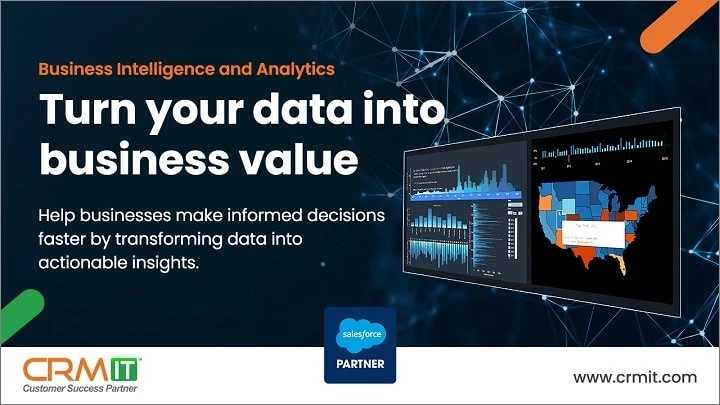Business intelligence (BI) is the process of transforming data into actionable insights that help a company make better decisions. Business intelligence consulting services offer users with detailed insight on the state of the business, BI tools combine analytics to access and analyze data sets and show analytical findings in reports, summaries, dashboards, graphs, charts, and maps. The phrase "business intelligence" is also used to describe a set of technologies that enable quick, easy-to-understand access to data-driven insights about an organization's current status.
Business Intelligence vs. Business Analytics
BI analytics is typically thought of as a subset of the greater field of data analytics that focuses on business. Business intelligence is descriptive, in that it tells you what's going on right now as well as what transpired in the past to get everyone to the present point. Business analytics, on the other hand, is a comprehensive word for data analysis techniques that are both predictive. That is, they can tell you what will happen in the future. Prescriptive, in the sense that they can tell you what you should do to improve your results.
BI is Straightforward
Business intelligence strives to provide business managers with simple and straightforward snapshots of the present state of operations. While data scientists must assess and interpret the predictions and advice obtained from business analytics, one of the aims of business intelligence and analytics services is that it should be simple for non-technical end users to grasp and even delve into the data and produce new reports.
Business Intelligence Tool Features
Business intelligence is a broad term that encompasses a wide range of technologies and business analytics tools. They include dashboards, Visualizations, Reporting, Data Mining, ETL (extract-transform-load —tools that import data from one data repository into another), and OLAP (Online Analytical Processing) are among the features offered by the tool. The most common are dashboards and visualizations, which provide quick and easy-to-understand data summaries, which are at the heart of business intelligence integration services' value proposition.
Where BI Fits Into Your Data Strategy
Business intelligence services companies and technologies have improved in terms of usability and intuitiveness. BI employs more structured data from traditional corporate platforms, such as enterprise resource planning (ERP) or financial software systems, to provide perspectives into previous financial
Transactions or other historical actions in areas like operations and supply chain management. Business analytics services' usefulness to firms today, according to business analytics consulting, is from its capacity to provide insights into such areas and business processes as contractual reconciliation.
The Future of BI
Business intelligence and analytics will soon evolve into "augmented analytics," in which machine learning is built into the program and guides users through their data searches. These software platforms' combinations will make each function more powerful individually and more valuable to the business people who use them. For example, if someone looks at previous year's sales reports (BI), Analytics Consulting Services will also get forecasts for next year's sales (business intelligence analytics), and they'll add a what-if capability to that: What would happen if we performed X instead of Y. This is what augmented analytics is all about.
0


